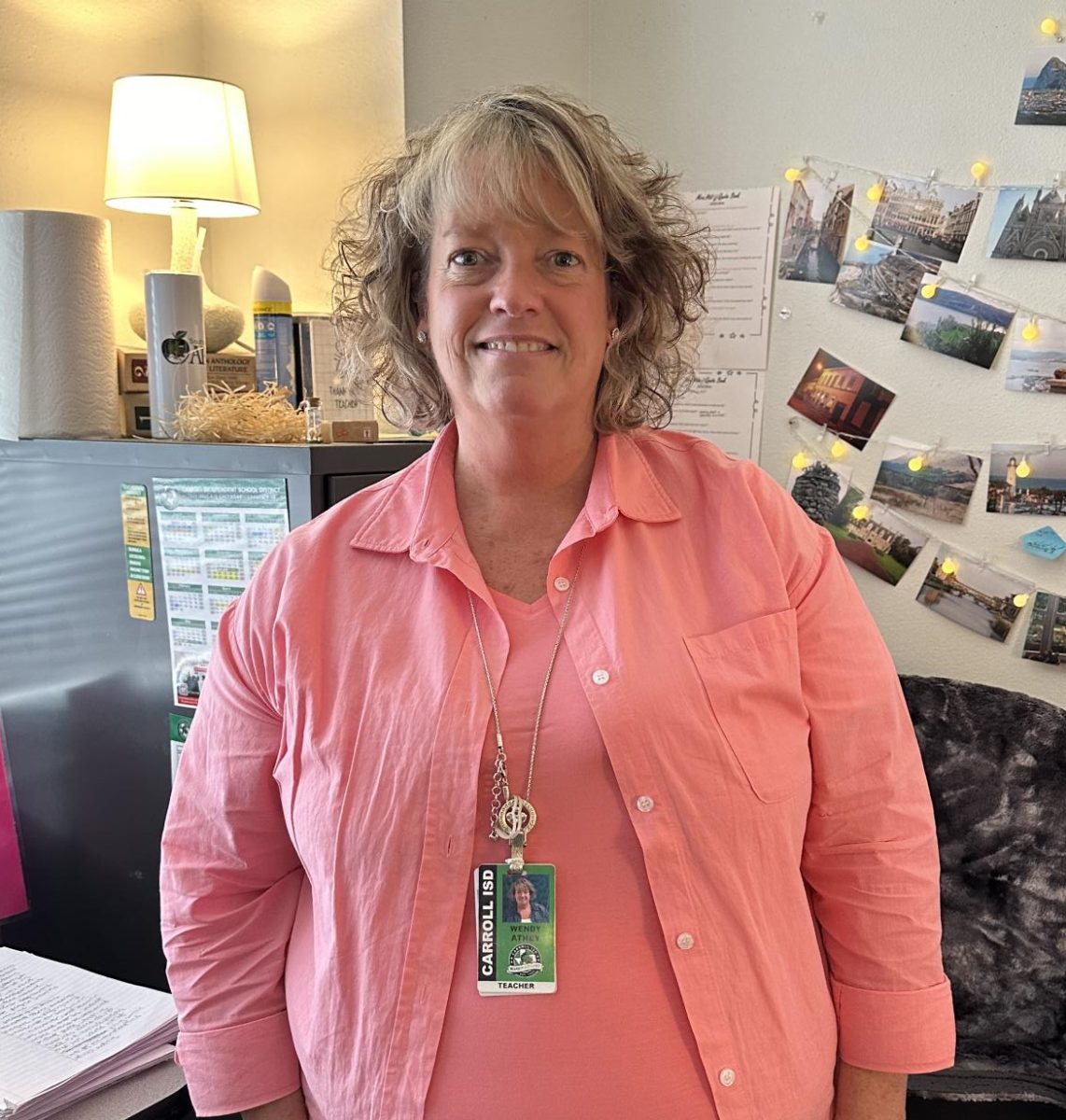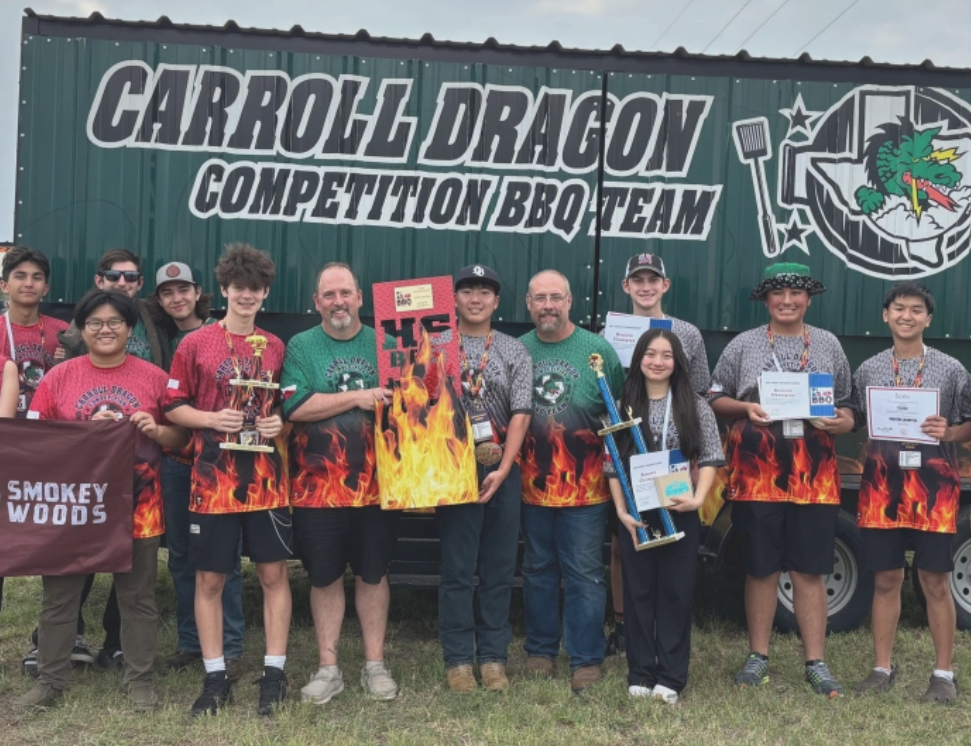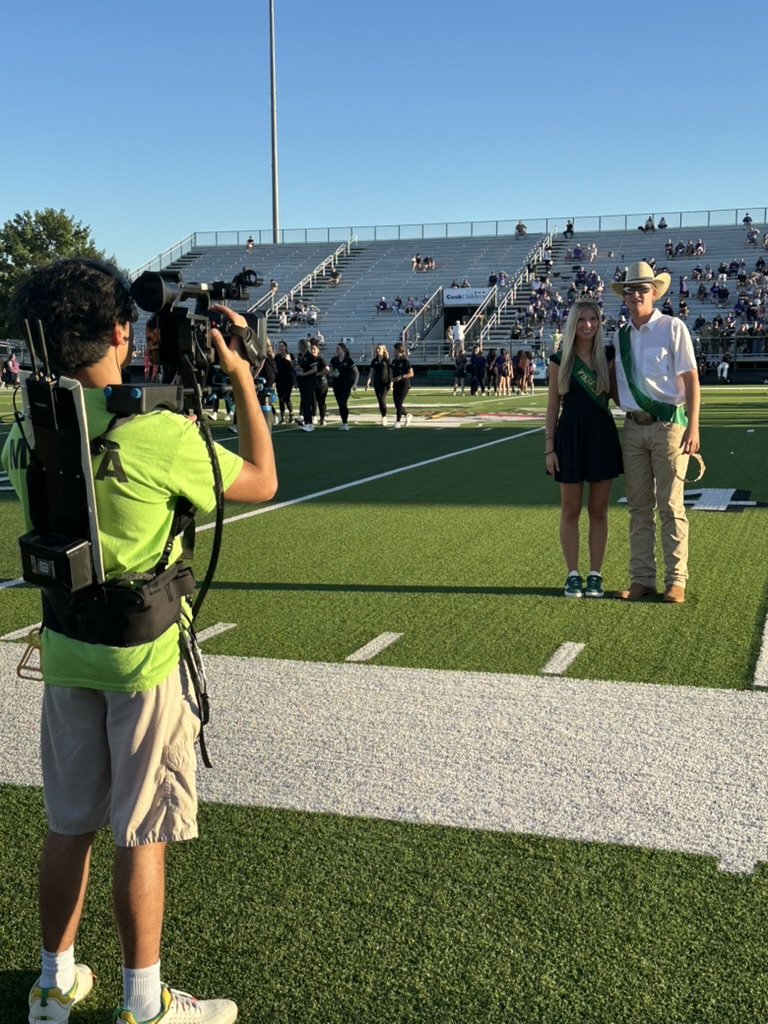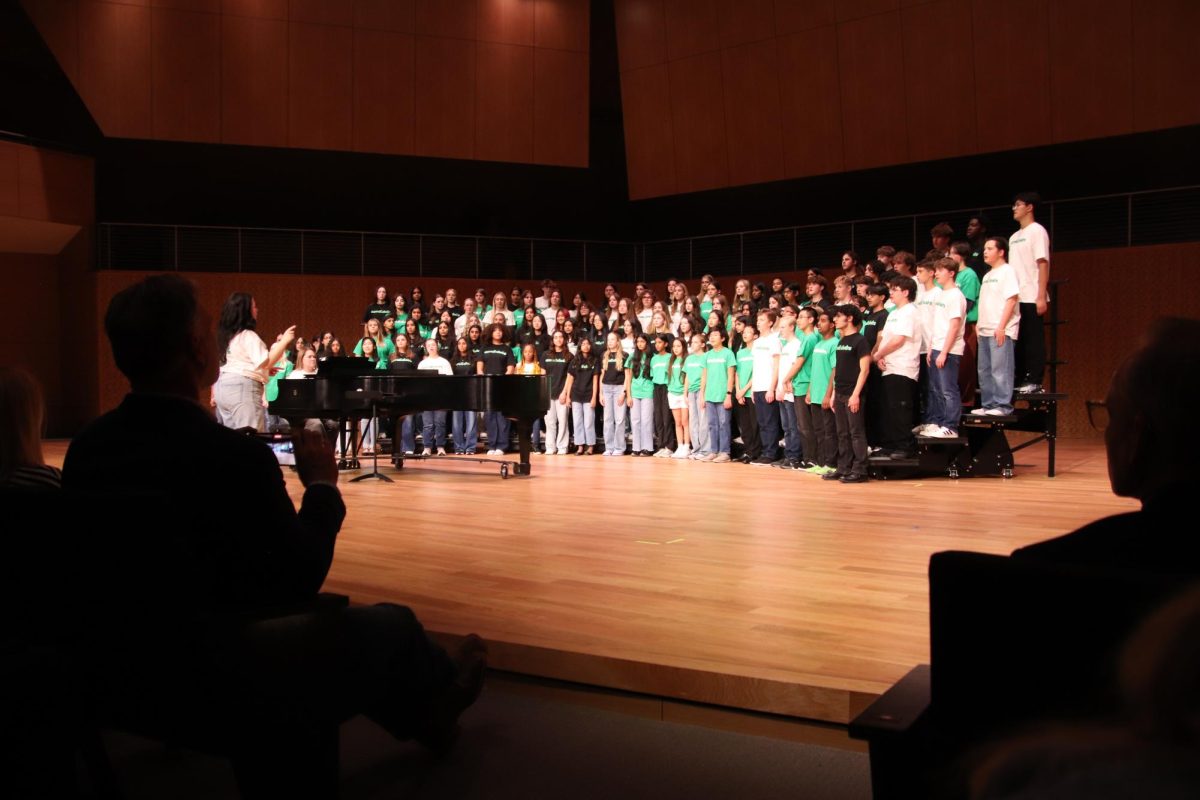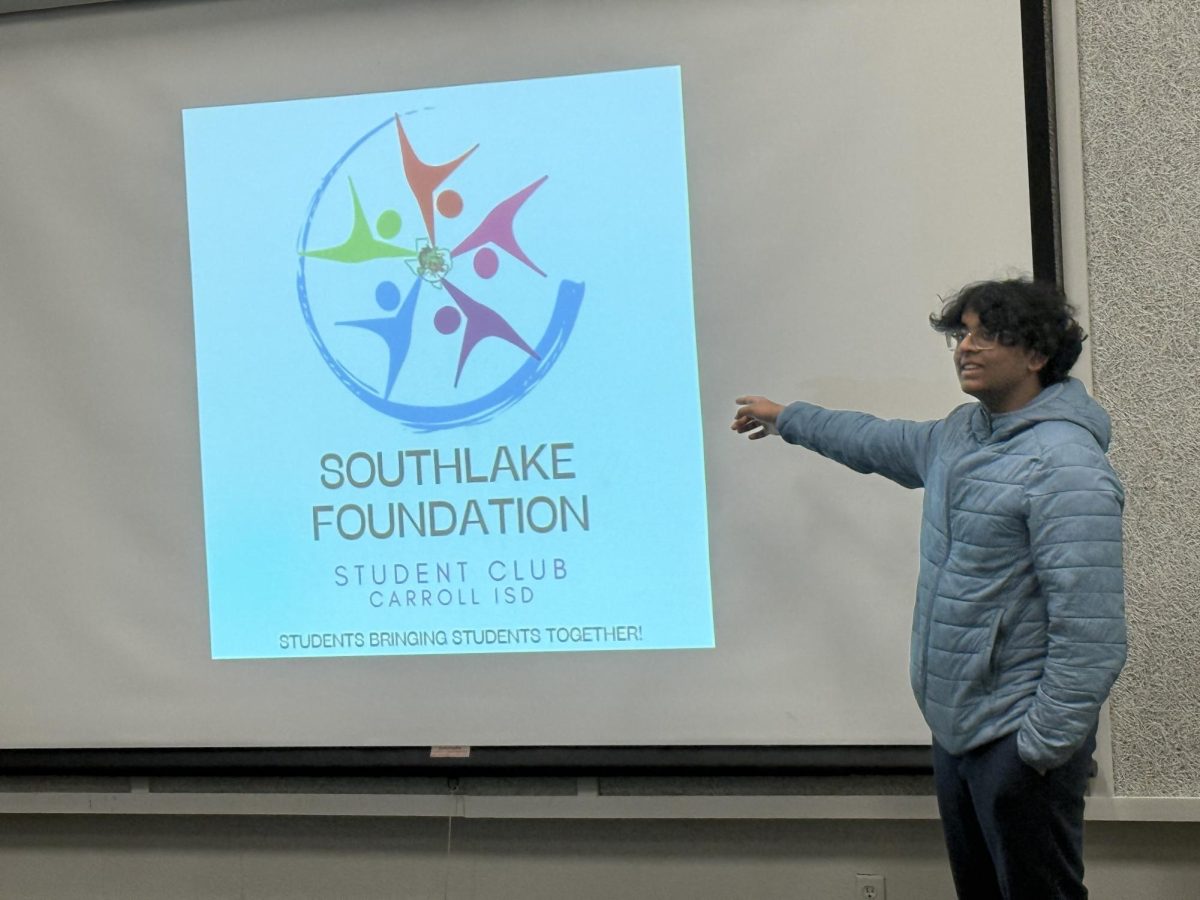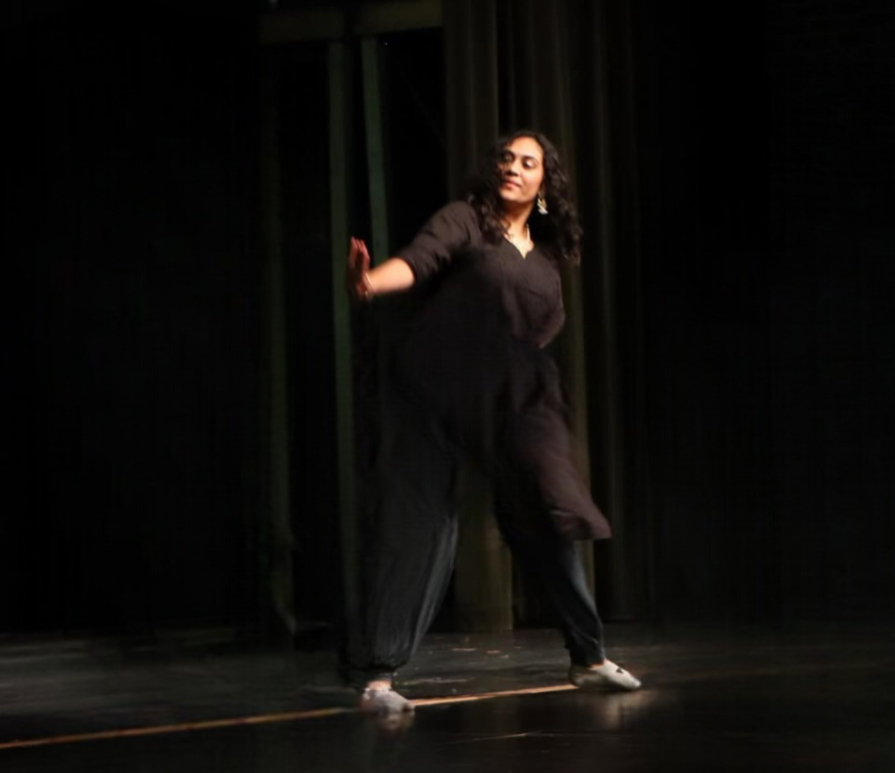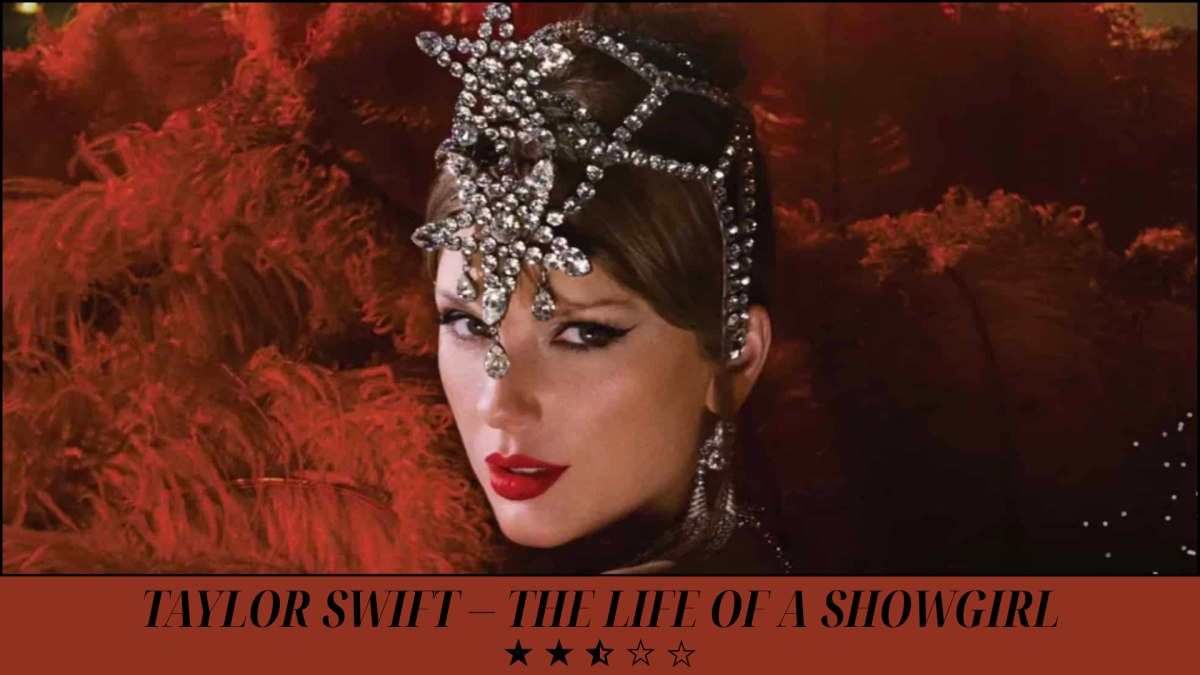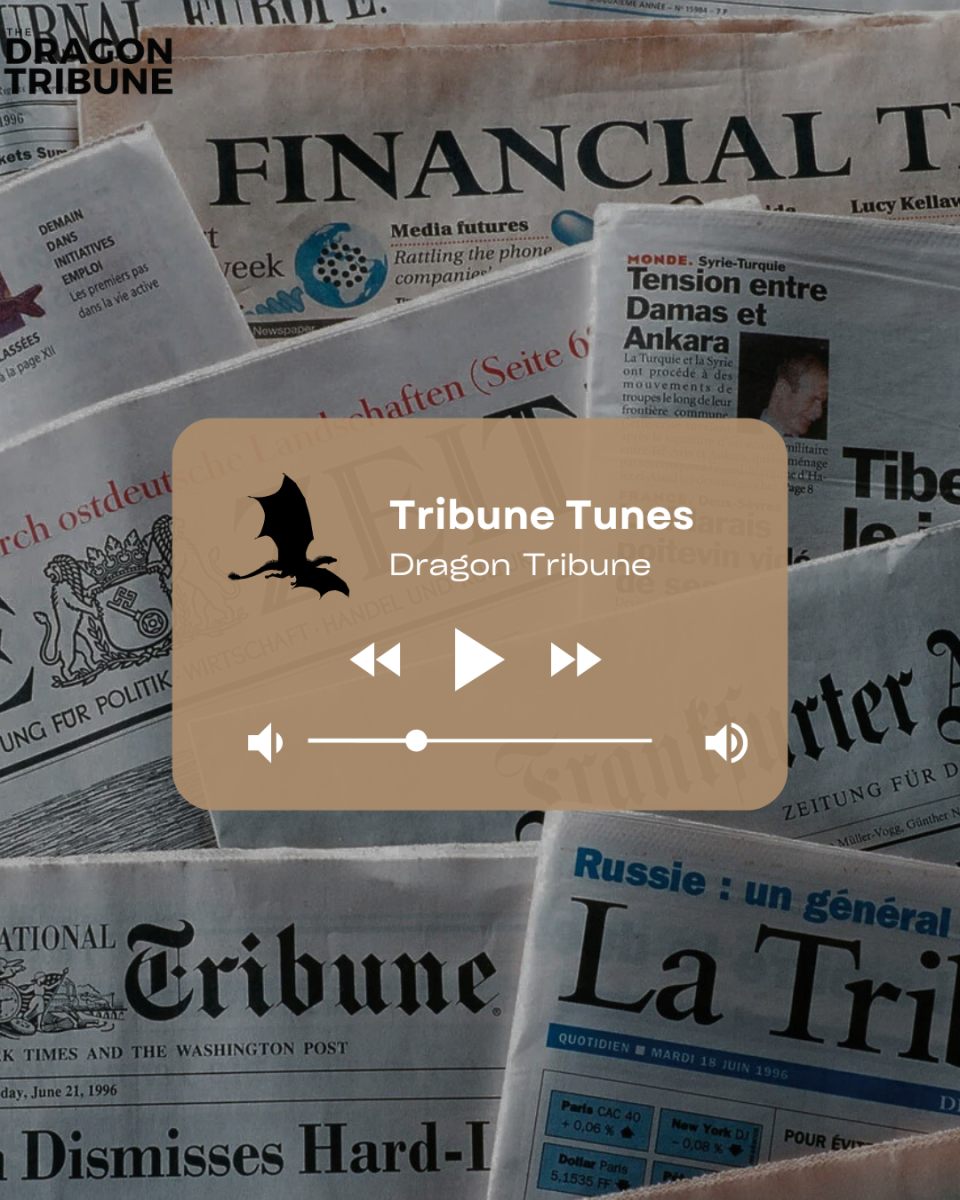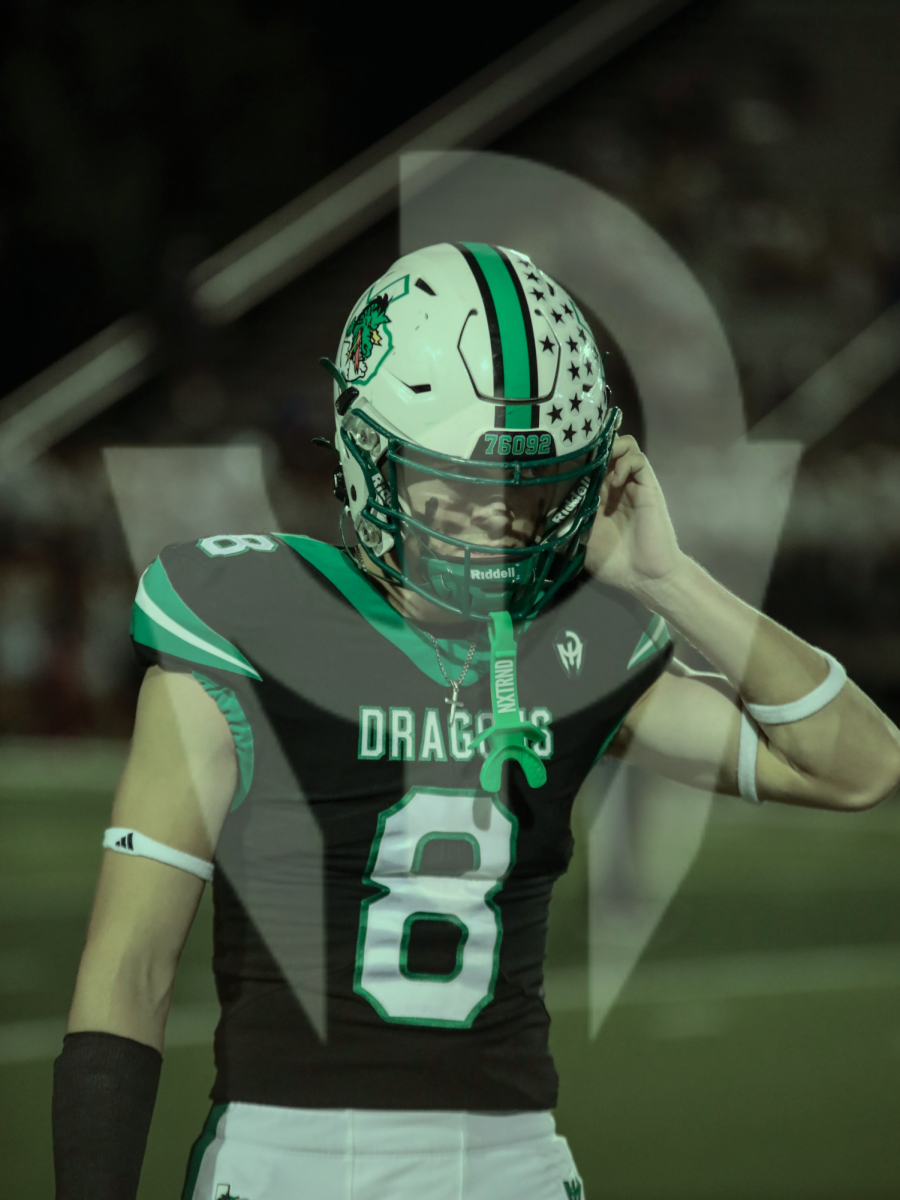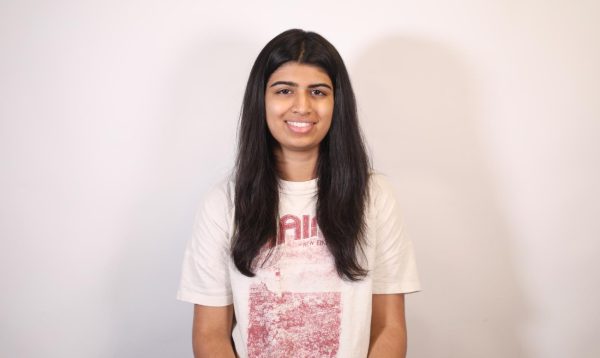Q: What made you decide to become a teacher?
A: I think I decided to become a teacher when I was in college. I didn’t go to college planning to become a teacher. I wanted to go into a different field. I took a couple of courses for that field and realized that that wasn’t a good fit for me. So I was also active in the community in college because I was in a sorority, and one of the requirements was community service. So I ended up volunteering to work with young children, and I think that’s when I first realized that working with kids might be something that I could pursue a career in or that I might be good at.
Q: Can you take me through your teaching journey?
A: I first started teaching back in the Stone Ages, for you. Around 1990 to 1991. My first teaching job was in Central Texas, my husband was a brand new, newly commissioned second lieutenant in the army, so we moved to the Fort Hood area, and that was my first teaching job. I’ve always taught in high schools with the exception of two times when I taught middle school, which was okay, but I learned that I much preferred working with high school students. So I’ve taught in seven different states because I wanted to continue teaching and the army moves you every two or three years. And so every two to three years I would have to go through the application process all over again and you know, interviews and try to get a job.
Q: What was the coolest place you taught?
A: The coolest job I had was teaching in Stuttgart, Germany in a school for Army kids from America so that was a lot of fun, just because I was teaching in an American school, but we were in the midst of such a foreign environment. And then the other one, which is probably my favorite place that I taught, was in Mons, Belgium, and it was the NATO school. So all of the nations that participate in NATO, went there to live at the NATO headquarters, and they would bring their children. There was such a mix of students in that school. We had the kids from Spain, we had the kids from France, we had the kids from Turkey, we had kids from all over. It was so fun to get to know those kids and talk to them about their cultures and hear them speak their languages as you walked down the hallway, because all of the kids, as you can imagine, from the various countries kind of stuck together. I mean, they had friends outside that, but you’d walk down the hallway, and you’d hear the Spanish kids just chattering away, you know, and then a few feet further, and you’d hear the French kids just talking, talking, talking. It was just a really cool experience. I love learning about different cultures, and different beliefs and practices. That was just my absolute favorite year.
Q: How did those experiences teaching abroad affect you when you came back to the US?
A: I like to think it made me a more global thinker. And I think it made me a better teacher, only because I had worked so hard to broaden my perspective and have more of a worldview about everything. It’s so easy to live in a wonderful community like Southlake or Keller. But it’s also easy to kind of have your blinders on, right? Because sometimes you don’t think outside that little bubble, that’s your world. It was just really cool to experience something that was so foreign to me. I hope it made me a better teacher.
Q: So you recently became a GT teacher, how has that changed the way you teach?
A: I’m still learning, so I’m still new to teaching the GT population. But I can tell you that from my AP Lang experience, because I’ve taught that for several years, and I also taught AP Literature and Composition for several years, the 10th grade GT students remind me very much of many of my former AP students. So even though the English II GT students are sophomores, I’m finding that for the most part, not everyone, because everyone’s unique and different, right, but for the most part, GT students are pretty mature. Definitely intense, driven, serious-minded about their academics. And that reminds me a lot of the AP population that I saw in juniors and seniors. The other thing that I love about GT students is that they are deep thinkers. That is so cool because when we have conversations about literature, conversations about the novel, you know, and I pose questions to GT students, I can tell that there’s a lot of thought, and purposeful analysis that’s gone into the answers. It’s not just, oh, let me answer this, just because she asked me this question. And so I’m gonna give an answer. And we’ll just move on and be done with it. And I also love how you guys will be interested in a topic. And you’ll actually take the time to do a deep dive and do some research in it or check into it and you’re willing, you have that interest. And you put in that time and that effort, which I did not necessarily see outside the AP classroom with other student populations.
Q: What courses have you taught?
A: I’ve taught ninth, tenth, eleventh, and twelfth on-level English classes, and I’ve taught ninth and tenth grade classes that were considered pre-AP. So when I taught in Florida, that’s what I taught. And then I’ve taught AP Lang for four years in two different states. And then I taught AP Literature, which is the AP course that seniors take, but I’ve only taught that for two years.
Q: Was English your favorite subject growing up?
A: I would say it was in high school, because it kind of came easy to me, I always had to work a little harder in my math and science classes. Those concepts didn’t necessarily come so easy to me. Interestingly, I thought that I wanted to pursue some kind of a career in the medical field, not necessarily medical school, but I was thinking maybe nursing school or maybe a physician assistant. And then when I got into college and started taking those tougher chemistry courses, it just gave me a lot of anxiety. And it was just not something that came naturally to me. And so I did start to focus on literature and English courses and took so many interesting courses. And I thought, well, what can I do? How can I turn this into a career? So I remembered that I enjoyed working my volunteer hours and community service hours when I was in a sorority with kids. And so that’s how that kind of organically evolved. And being an English major in college is so cool, I thought, because, once you get your basics out of the way, like every college freshman and sophomore does, then you declare your major and you’re into your field of specialty that you want to get a degree in, it was wide open for me to take any courses. I just had to have a certain number of hours. So I took an entire course on Russian literature, for example, which I loved. I was fascinated by that. I took an entire Shakespeare course, I took an entire course on Geoffrey Chaucer and The Canterbury Tales. And I mean, I loved it. I was a 4.0 student from then on.
Q: What’s your favorite piece of literature?
A: Um, let’s see. I do love Shakespeare’s plays. But I know that they’re not accessible to a lot of people just because of the language. He’s got a great sense of humor, I think. And I’ll be honest with you right now, I have to tell you that my current favorite is the novel we’re about to read fourth quarter: And the Mountains Echoed. It’s beautifully written and it shows. When I think of this book, I think of a loom, and all of the different threads that are side by side, but they get woven together to create this beautiful tapestry. To me, that’s what this novel is, and all of the different characters are the threads. And then in the end, it all comes together to form this beautiful picture of a family and a relationship. And I just think it’s really cool.
Yeah, I was reading the reviews and some people said they didn’t like how there were separate stories since it wasn’t as in-depth, but then other people liked how it all came together.
Yes. And that’s what that’s what I’ve gotten from some of the students from last year, and I was just talking to somebody about how some people said, “I don’t like how it jumps back and forth because I’m in this little segment with this character, and then it jumps to this other segment” and I told him, just be patient with it, and just go with it. And don’t get too anxious about it. Because in the end, it all comes together. And I love stories like that
Q: What piece of advice would you give your high school self?
A: I would tell my high school self to go to the University of Georgia and plan right away to major in English, and not take those chemistry courses. Because I gave myself such anxiety about that. I stressed out about it. If I had anything to do differently, that’s what I would do.
Q: What message would you give high schoolers?
A: I would say, just keep pursuing your dreams. You know, as best you can. Sometimes those dreams may not even seem realistic. But, to the best of your ability, do what you love. I know it’s a cliché, you never work a day in your life if you love what you do, but I really believe that that’s true.
Q: Is there anything else you want to add?
A: This has been my second year at Carroll and I have to tell you, honestly, I feel lucky to come to work every day. I get up looking forward to it. And I know that not everybody has a job where they can say that.
